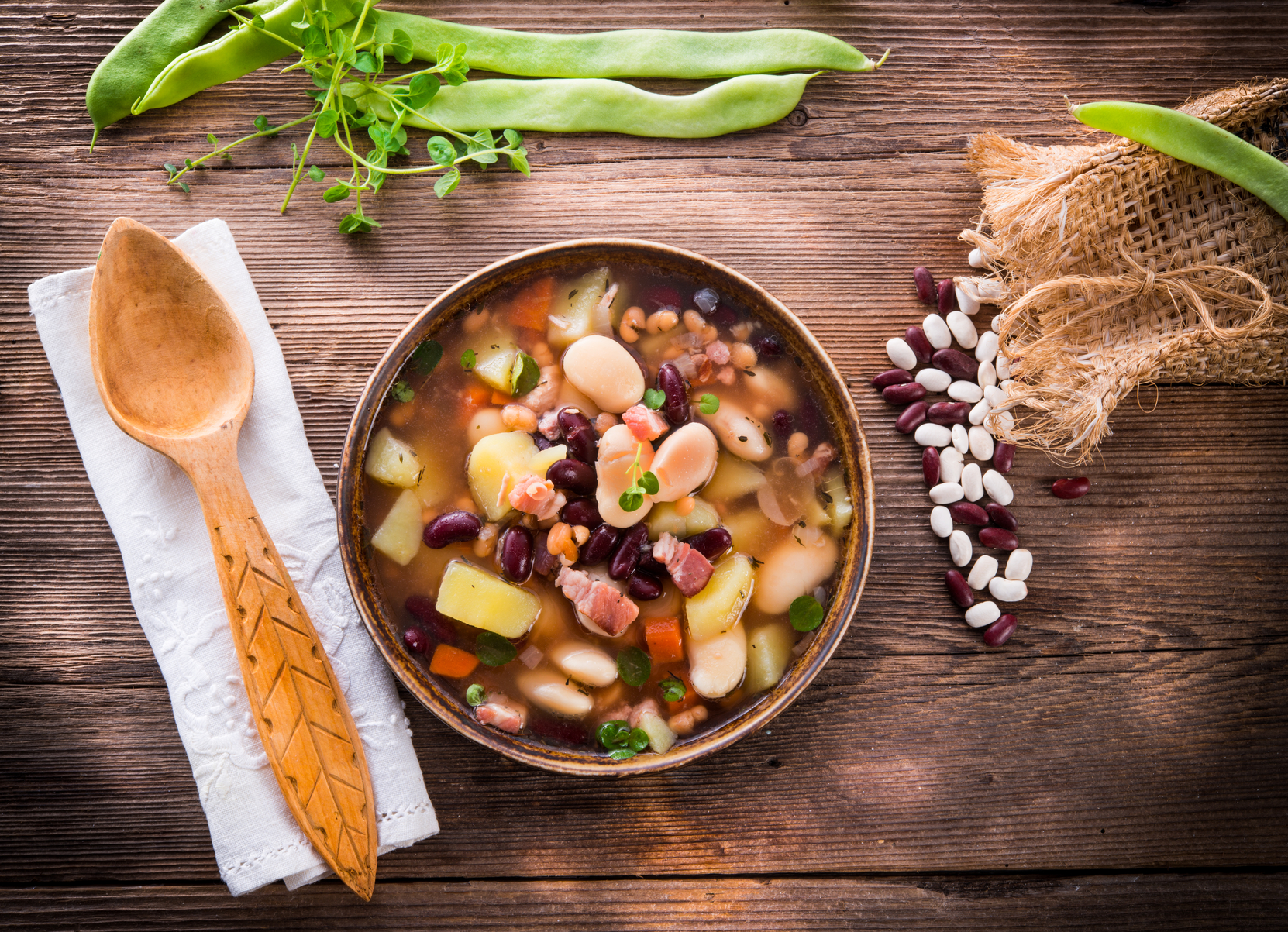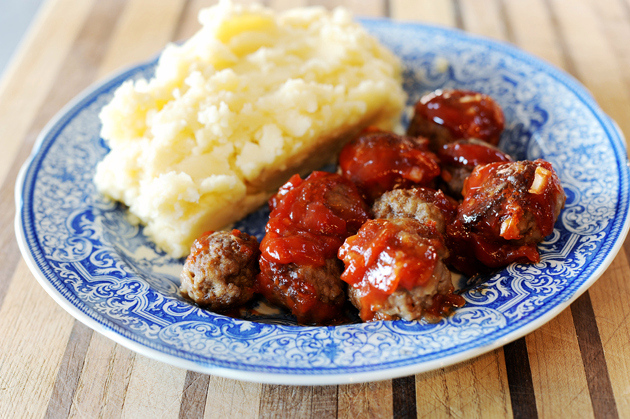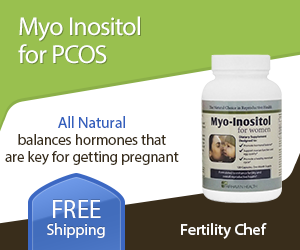It’s amazing how that old saying “you are what you eat” can have a such an impact on the lives of women with PCOS. PCOS is a condition that is highly sensitive to lifestyle modifications such as exercise or changes in diet and eating the right thing can actually reduce the intensity of some symptoms or eliminate them altogether!
There is no one right diet for PCOS and hormone imbalances are so individualized with PCOS that each woman has to find the diet that works best for them. However, there are some general rules you can stick to with your diet to reduce your risk of diabetes or heart disease and even restore your cycles if you’re anovulatory.
The important thing to remember when thinking about your perfect diet for PCOS is you need a diet that will combat insulin resistance as women with PCOS are typically insulin resistant to some degree.
What is insulin resistance?
Insulin is a hormone made by the pancreas that helps your body process food to use as energy. During digestion, food gets broken down into simple sugars (also known as glucose) and absorbed into the blood to be used as energy. Where insulin comes in is it helps glucose enter cells of the body. Blood sugar levels become higher when there isn’t enough insulin or the body can’t use the insulin it has.
If you’re insulin resistant, it means you need high levels of insulin to keep blood sugar normal.
How does insulin resistance affect women with PCOS?
Insulin resistance can affect you in multiple, unpleasant ways. For one, with insulin resistance you run the risk of developing diabetes. It can also lead to feeling hungry more often (leading to weight gain or making it harder to lose weight). In addition, high levels of insulin can cause the ovaries to make more androgen hormones like testosterone. Increased testosterone levels can lead to things like body hair, acne, or irregular periods.
Luckily there are ways to reduce insulin resistance, with one of the main ways being to lose weight. What you eat also has an impact on insulin resistance, so if you’re including things in your diet that can keep your blood sugars stable, it makes it easier to lose weight and can reduce some unpleasant symptoms of PCOS like irregular periods or acne.
Below are some general guidelines for things that can negatively affect your PCOS symptoms and positively affect them. As mentioned before, there isn’t one exact diet for PCOS you have to follow, but these tips are a good place to start.
What should you AVOID in your diet?
High GI Foods
It’s best to avoid foods that are high on the glycemic index if you want less spikes in blood sugar and to reduce your insulin resistance. Foods that have a high GI are mostly refined carbohydrates such as bagels, pretzels, or pasta. These foods aren’t doing you any favors when trying to reduce insulin resistance.
Dairy
Consuming dairy like milk or cheese leads to a rise in testosterone levels, which makes PCOS symptoms worse. Milk also contains a protein that limits normal testosterone processing in the body, which brings makes your hormones more imbalanced. Frequent dairy intake can actually give you acne and increased insulin levels.
Soy Products
Eliminating dairy can naturally make you want to reach for a soy substitute, but soy products can actually negatively affect PCOS. Soy can cause delayed ovulation, thus making your periods more irregular. There have not been enough studies done on how much soy can affect women in PCOS, so small quantities may have little effect. That being said, soy should be consumed in moderation to stay on the safe side.
Bad Fats
Foods that have saturated and trans fats in them should be avoided whenever possible. They can easily lead to weight gain, high blood pressure, and high cholesterol. Because women with PCOS are already at a higher risk for heart disease, hypertension, and diabetes to begin with, consuming foods that further increase your chances of developing those conditions is unwise to say the least.
What should you ADD to your diet?
Healthy Fats
Fats have a bad reputation! In fact, fats aren’t all bad and in fact you should include certain fats in your diet. Monounsaturated fats found in nuts, seeds, and avocados can help with hormone balance, weight management, and even fertility.
High Fiber Foods
If you’re concerned with lowering your cholesterol or maintaining blood sugar levels, you should eat some high fiber foods. Foods that are high in fiber make you feel full so you eat less, which helps with weight control. There are plenty of tasty foods that are high in fiber including berries, pears, peas, spinach, quinoa, lentils, and almonds.
Low GI Foods
As opposed to high GI foods, foods that are low on the glycemic index don’t raise blood sugar or insulin levels as much as foods that are higher in sugar. Foods that have a low GI are things like most fruits, or non-starchy vegetables and legumes. Keeping your blood sugars at a more even level will help you have more consistent energy throughout the day instead of a sugar crash that comes from eating refined carbohydrates. It will also prevent overeating, which helps with weight loss (which in turn can reduce many PCOS symptoms).
Green Leafy Vegetables
If there’s one thing you should add to your diet, it’s more green leafy vegetables. Green leafy vegetables like spinach have the most nutrients per calorie of any food. They are rich in iron, calcium, and vitamins K, C, E, and B. All these nutrients can lead to more balanced hormones, thus alleviating some PCOS symptoms.
Brightly Colored Vegetables
Brightly colored vegetables are rich in antioxidants, which reduce the risk of cancer. Women with PCOS have a higher rate of oxidative stress than average, so including more foods rich in antioxidants in your diet can help with long term complications of PCOS.
Organic, pasture-fed meat
Although organic, pasture-fed meat is more expensive than the regular meat you can buy at the grocery store, it can make a big difference if you have PCOS. Organic meat has less hormones than standard meat, and less hormones added to your diet means less hormone imbalance.
Plant-based protein
Switching some of your protein servings over to plant-based protein can help you avoid hormones like estrogen found in some meats. Since estrogen levels are either too high or too low with PCOS, getting estrogen from other sources like food isn’t a good idea. Something like peas, lentils, or quinoa pack a punch with protein but don’t have any of those unpleasant extra hormones.
Anti-inflammatory foods
There is inflammation that can occur when you have a cut or infection, and then there’s general inflammation throughout the body that can occur by eating inflammatory foods like processed foods or red meats. Inflammation occurs when the amount of omega-6 fatty acids outweigh the omega-3. Omega-6s are the building blocks of pro-inflammatory hormones. It’s best to stay away inflammatory foods and seek out anti-inflammatory foods for your diet because it can benefit women with PCOS metabolically and reproductively.
The North American Journal of Medical Sciences published a study where women with PCOS ate an anti-inflammatory diet for 3 months and it resulted in women losing 7% of their body weight and showing improvements in cholesterol, blood pressure, and inflammatory markers. 63% of women had more regular menstrual cycles as a result as well.
Some examples of anti-inflammatory foods you can add to your diet are turmeric, tomatoes, kale, spinach, and almonds.
Chromium
Chromium is excellent for keeping blood sugars in check and can in fact improve the body’s sensitivity to insulin. You can take it in a supplement or in foods like whole grains, broccoli, or green beans.
Vitamin D
Vitamin D is an important vitamin to include in your diet because it can help combat insulin resistance, promotes breast health, and improves mood. You can take it in a supplement, get it from the sun, or find it in vitamin D rich foods like kale, okra, or fish like salmon.
Vitamin B
Not having enough B vitamins in your diet can adversely affect your menstrual health. Shortage of B6 in particular causes a progesterone imbalance, which is an important hormone in the menstrual cycle. Without enough progesterone, you may have irregular menstrual cycles. Consider adding a multivitamin or a B complex to your routine.
Final Words
As mentioned above, there is no one specific diet that can cure PCOS. However, eating foods that will help decrease insulin resistance and keep blood sugar levels consistent can alleviate some of the symptoms of PCOS and can even help restore fertility. PCOS is highly individual, so food that works for one person may not work for another. It’s important to try out new foods and see what works for your health and wellbeing.
Have you found any foods that help with PCOS symptoms? Be sure to share them with us!
References
“Nutrition Tips for PCOS.” (12 October 2016) Retrieved from https://www.eatrightontario.ca/en/Articles/Women-s-Health/Nutrition-tips-for-Polycystic-Ovary-Syndrome.
“PCOS: Insulin and Metformin.” (1 June 2016) Retrieved from http://youngwomenshealth.org/2014/02/25/metformin/.
“The Role of Dairy in the Nutrition Management of PCOS.” Retrieved from http://www.pcosnutrition.com/dairy/.
“What is the best PCOS diet?” Retrieved from https://www.pcosdietsupport.com/the-best-pcos-diet/.
Grassi, Angela. “Polycystic Ovary Syndrome: Anti-Inflammatory Diet Benefits.” (7 August 2016) Retrieved from https://www.verywell.com/anti-inflammatory-diet-benefits-women-with-pcos-2616296.
Whelan, Corey. “Can my Diet Relieve Symptoms of PCOS?” (10 August 2016) Retrieved from http://www.healthline.com/health/pcos-diet#overview1.





